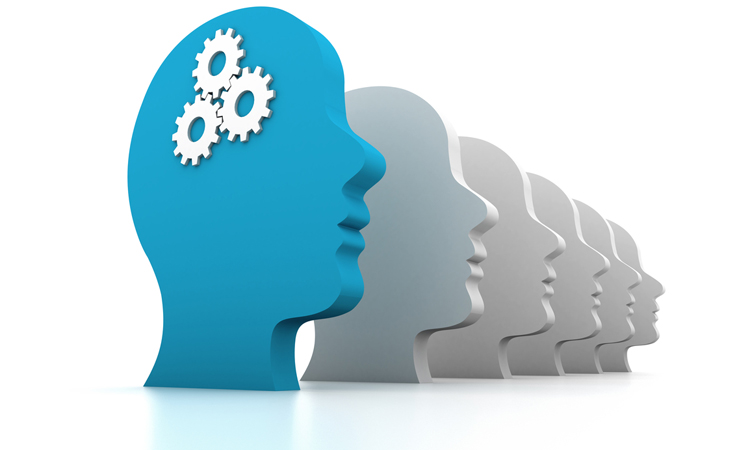Whether it’s worrying too much, emotional eating or biting your nails, we all have habits we want to break. We all know from experience that breaking bad habits is hard work and requires a great deal of effort.
Why are habits so hard to break?
Most of our ideas, thoughts, memories and behavior are the result of a neural network –the various combinations of neurons in our brains, firing in unique sequences. All of this activity in your brain often happens unconsciously and automatically. Over time, your neurons become so hard wired from your way of thinking that you have essentially programmed yourself to react or behave a certain way.
 “Habits are patterns of behavior that have become ‘automated’ after having been repeated over and over again,” according to Simon A Rego, Associate Professor of Clinical Psychiatry and Behavioral Sciences at Albert Einstein College of Medicine, New York City.
“Habits are patterns of behavior that have become ‘automated’ after having been repeated over and over again,” according to Simon A Rego, Associate Professor of Clinical Psychiatry and Behavioral Sciences at Albert Einstein College of Medicine, New York City.
In other words, breaking habits requires sparking new thoughts, introducing new ideas and then strengthening them over time. Through repetition, these new thoughts will eventually become ingrained in your mind.
How to create new habits
In order to create long lasting change, you must truly want to change. To increase motivation, studies show that some people are more motivated by reward and others by punishment. For those who are motivated by reward, researchers suggest setting up positive reinforcements. If your goal is to be better at managing your money, a reward could be treating yourself to a night out with friends after saving a certain amount. For those motivated by punishment, the idea of not being able to go out socially with friends may act as an incentive.

Another effective technique for creating a new healthy habit is to break down your goal into small, achievable steps. For example, if you want to lose weight, you could set a goal for losing two pounds per week. Rather than getting overwhelmed by your goal of losing 20 pounds, you can take it one step at a time and ultimately achieve the weight you want. As you accomplish each goal, you will build the momentum you need to go the extra mile.
Interestingly, experience creates the strongest, most long-lasting synaptic connection. Through your senses of sight, smell, taste, touch and hearing, you mentally record all the information into the brain’s synaptic wiring. These newly formed neural networks cause a release of chemical neurotransmitters that, in turn, produces specific feelings. This is why every experience is followed by a feeling or emotion. To put it simply, feelings are chemical memories. For every pound you lose, the positive emotions that follow form a new neural network.
The bottom line: your ability to change is based on your ability to learn from experiences, and then adapt or modify your behavior in the future.
What habits do you want to create in 2017?

Rose Caiola
Inspired. Rewired.


